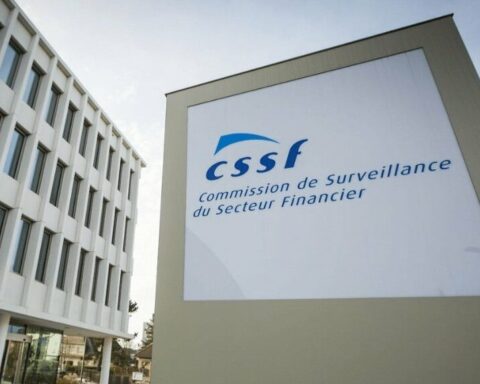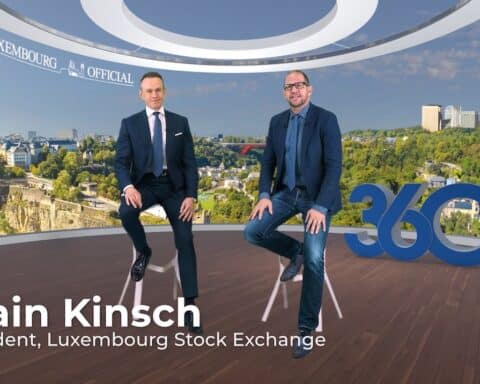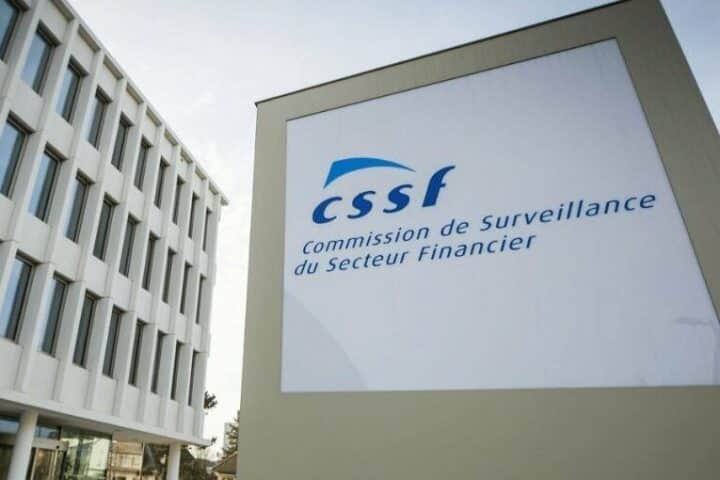The financial power of Luxembourg far outweighs the country’s size and population. How did this small duchy, caught between the economic powerhouses of Germany and France, become a financial behemoth in its own right?
Growing Into Wealth
The origins of Luxembourg’s financial power lie in the founding of the Luxembourg Stock Exchange in 1929. A law passed that year encouraged large foreign companies to pool their capital in the country. These H29 holding companies couldn’t work on commercial or industrial activity in Luxembourg, but were exempt from tax there. This attracted foreign capital country and boosted the influence of the stock exchange. Despite the setbacks of the Great Depression and World War Two, the number of H29s grew slowly until the late 1960s, when Luxembourg’s favourable regulations turned it into a centre for the Eurobond market. Perfectly placed to benefit from the deregulation of international markets and growth of the EU economy, Luxembourg’s finance sector expanded dramatically in the later twentieth century. And while regulations have tightened since 2008, the country remains a major financial centre.
“While other countries are rocked by scandals and upheavals, Luxembourg
provides a steady base.”
A Safe Space for Finance
Two distinctive features have made Luxembourg appealing to investors. First is the country’s legislative and regulatory framework, which retains the spirit of 1929, with some of the lowest corporate taxes in Europe. There are also generous tax breaks for research and development. This makes it an attractive base of operations for any company looking to minimise its tax burden. The other factor is the stability of Luxembourg’s financial system. A well-developed regulatory regime and banking sector mean that companies can be confident that conditions will be steady from moment to moment. Membership of the European Union and the eurozone has add to this sense of stability, thanks to the strength of those institutions. The robustness of Luxembourg’s own economy further protects companies invested there from financial shocks. While other countries are rocked by scandals and upheavals, Luxembourg provides a steady base.
A Self-Sustaining System
Like many areas of economic specialisation, Luxembourg’s financial sector has become increasingly self-sustaining. A booming financial sector trains and attracts people with the skills to support that sector. Residents of the Grand Duchy have some of the highest rates of education, with cross-border workers adding to the mix. Companies looking to get started in Europe know that they can find the skilled personnel they need. And with so much financial activity, companies have sprung up to support the sector, from recruitment firms to tech startups, all based in Luxembourg and specialised to its regulations. Skilled people and support systems attract businesses, which in turn increase the skill and support base. It’s a virtuous cycle that looks set to keep Luxembourg booming for many years.






















